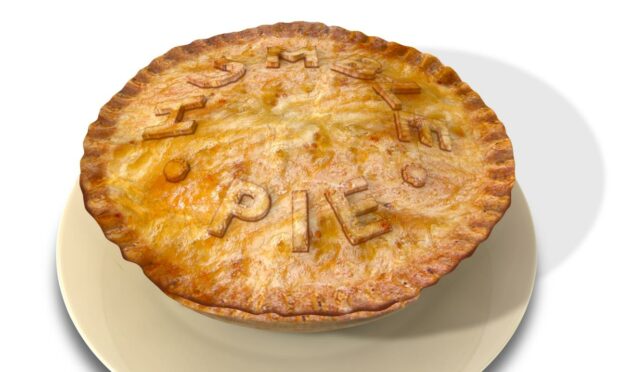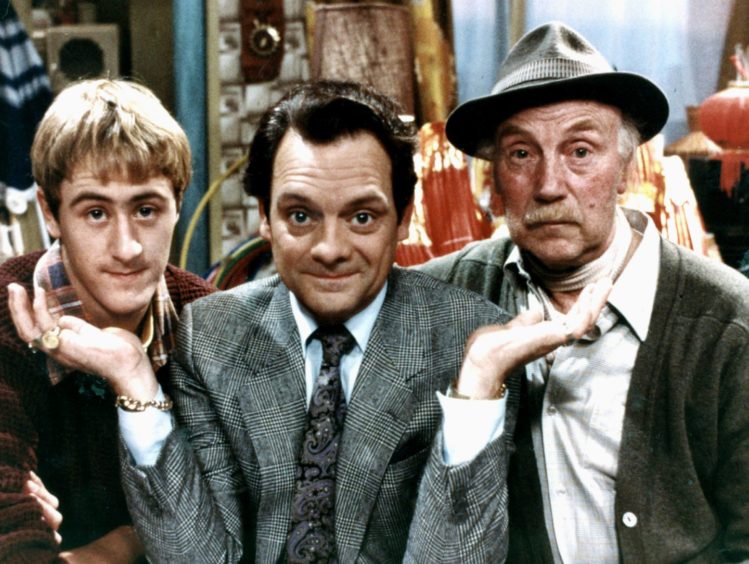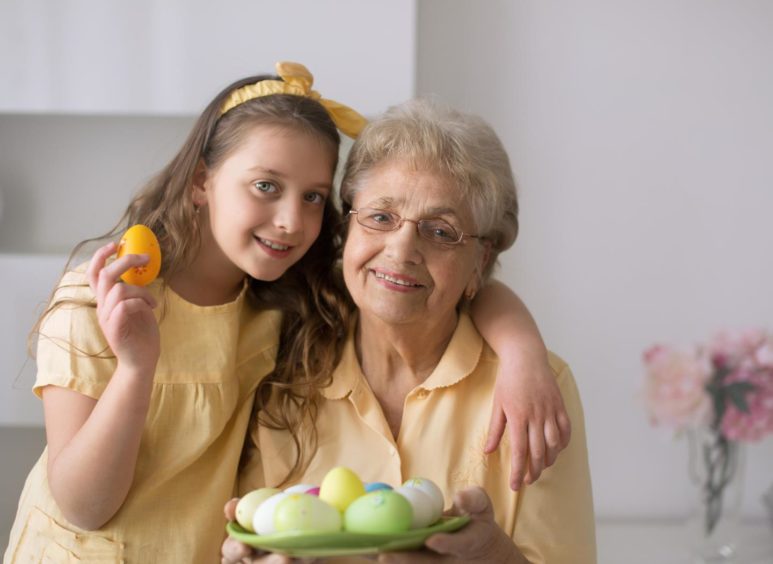I was watching an old movie the other day, and a character said, “Toodle pip”.
Of course, I’ve heard it before, but I have to admit, I have no idea what it means.
OK, I accept it means something like goodbye. What I really mean is, why these specific words? Where do such words come from?
We really do have a plethora of odd sayings. Some of them are obvious, but often, they make no sense at all. Where did they come from? What do they mean?
A few weeks ago, when writing about scary fairy tales, I mentioned the Pied Piper of Hamelin. I asked the question, is this where the saying “time to pay the piper” comes from?
It seems it does. And that got me thinking about where our other oft used sayings originate from.
Do people still use these phrases today? I don’t know, but I was certainly brought up with many odd sayings.
Let’s take a butcher’s at them. See, I’m at it already. Butcher’s, being Cockney rhyming slang. Butcher’s crook, as in look. OK, here goes…
Bob’s your uncle
Can mean, “there you go, it’s as simple as that”. Similar to the American “a piece of cake”. But why Bob and not Jim or Dave? Well, it seems we use Bob because the then PM, the Marquess of Salisbury, whose name was Robert, ie Bob, appointed his under-qualified nephew as a government minister. So, it seems the phrase “Bob’s your uncle” was originally meant as a sarcastic comment relating to it’s not what you know, it’s who you know. Interesting.
A storm in a teacup
Now this saying has been around a long time, potentially 2,000 years. Basically, it means an over-reaction to a much smaller problem.
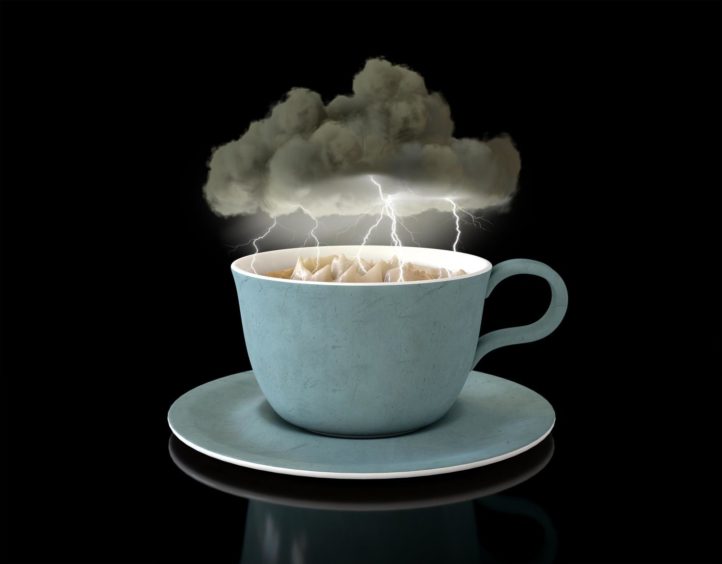
A little bird told me
Means getting your information from a secret source that you’re not prepared to divulge. Where it exactly comes from I don’t know, but could it be inspired by the bible? “Do not revile the king even in your thoughts, or curse the rich in your bedroom, because a bird in the sky may carry your words, and a bird on the wing may report what you say.” Ecclesiastes 10-20.
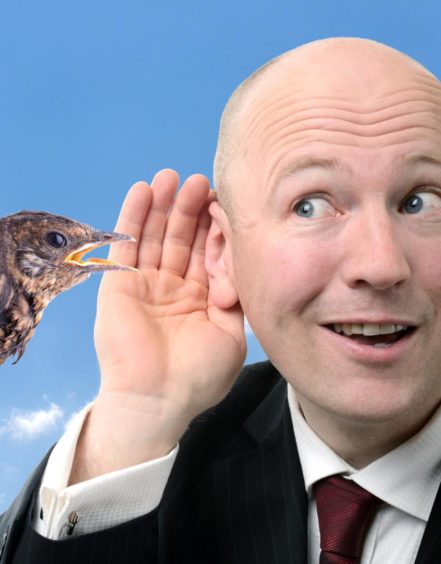
A sight for sore eyes
Means a welcoming sight; for example, you see a friend you haven’t seen for ages. Still not convinced why “sore” eyes are mentioned though.
Spend a penny
A very polite British way to say that you’re going to the toilet. Dating back to Victorian times when people had to insert a penny into a lock on the door of a public lavatory in order to get in. You then turned the knob and the sign flipped from vacant to engaged. Off to spend a penny…. what a great phrase.
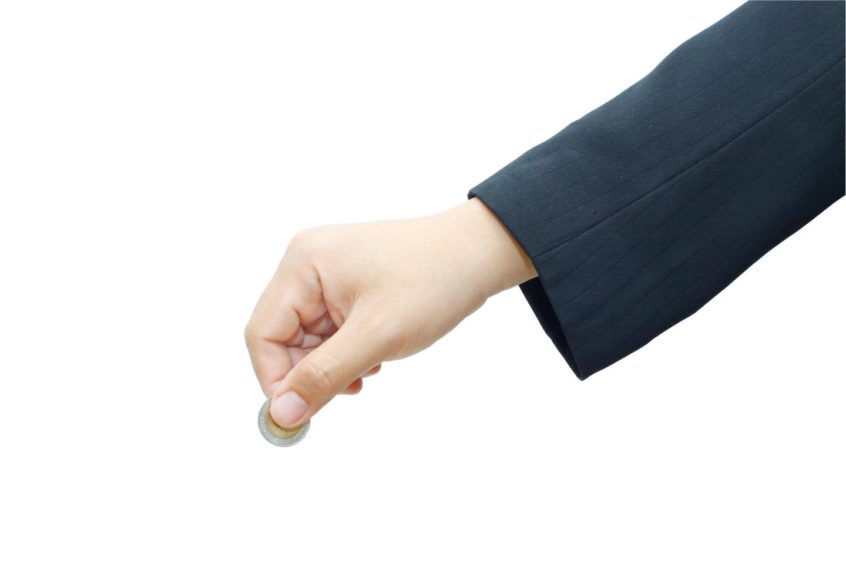
Pardon my French
Is used to excuse yourself when swearing. But why not say pardon my German? Why pick on the poor French? Apparently, it’s not a dig at the French, or initially about swearing. It was coined when in the 19th Century, people speaking in English would drop a French phrase into the middle of an English sentence, then immediately apologise for their use of French. Hence, “pardon my French”. But nothing originally to do with swearing. Fascinating to learn.
Eat humble pie
Could be summed up as making an apology or admitting fault and accepting the consequences. But what’s that got to do with pies? Well, in the 14th Century, the nobility, who liked to feast on game, would leave the innards, the entrails, for the humble servants, who then baked them into pies, which became known as humble pie. I still don’t know what this has got to do with admitting that you’re wrong about something…
I’m off to see a man about a dog
To me this just screams Del Boy from Only Fools and Horses. You can just see him, can’t you? In the pub or down the market talking to Trigger and saying: “Right Trig, I’m off to see a man about a dog.” But it’s way older than Del’s time. It seems to have been first used in 1866 by an Irish playwright. The meaning of this intriguing phrase is to excuse yourself from company while all the time concealing your true purpose for doing so. But it is classic Del, isn’t it?
The bee’s knees
Today it means something along the lines of “cool” or “perfection”. “Wow, he looks the bee’s knees.” I can see no reference anywhere to our little friendly honey makers, so why these words? Do bees even have knees? I don’t know. Apparently though, it was never meant to mean cool or perfection, but was said when talking about something insignificant or tiny… like, I’d imagine, a bee’s knees. Now that does make sense, unlike the modern way we use the phrase.
Chock-a-block
What a super phrase. It means, of course, that something is full, brimming, stuffed, ie chocka. I get the meaning, but don’t get where the word came from. Who makes these things up?
Cost a bomb
Obviously it means something is very expensive. “Nice jacket, it must have cost a bomb.” Are bombs expensive? I suppose they are. Then there’s the phrase, “cost a packet”. Which also means expensive. I presume this comes from the time when people got paid in cash ie a pay packet, so, cost a packet would mean the thing you were buying cost you all our wages, ie a packet. That makes sense, but a bomb doesn’t.
Gallivanting
A great sounding word it must be said. It means to go off somewhere, to travel for fun, to explore, to enjoy, seek pleasure, adventure. I guess I’ve been gallivanting around the world for years then.
Minted
In a nutshell it means rich. “Look at him with the fancy car, he must be minted.” Where it originates from, I’m not sure, but I’m guessing it has something to do with the Royal Mint where our money is coined?
Pop your clogs
Easy explanation here, it means to die. But why clogs? Why not slippers? Old folk wear slippers, so that would make more sense surely. Anyway, the pop your clogs phrase apparently originated in among factory workers during the industrial revolution. While working they had to wear clogs to protect their feet. When some poor chap lay down and died, his clogs would naturally be pointing up in the air. So, I’m guessing “pop” as in pop up, got merged with clogs to give us pop your clogs, ie dead.
Sod’s law
If something is going to go wrong, it probably will. I’d imagine that this phrase is probably one of the most used in the UK today. I know I use it. Tell me, why do more things seem to go wrong as we get older? Sod’s law, I guess.
Tickety boo
A great phrase that means everything is fine, perfect in fact. Very British? Yes, but, it seems it may have originally come from Hindu. Why those exact words, I ain’t got a Scooby. Sorry, I’m at that slang thing again, Scooby Doo, as in clue.
And finally, my absolute favourite saying?
Teaching your grandmother to suck eggs
This a gem. But what on earth does it mean and where does it come from? It basically means, don’t give advice to someone who has more experience than you. Apparently, eons ago, people used to suck the contents out of eggs by piercing a hole in either end. Really? Why? Fair enough, I guess. Anyway, it was assumed that someone like wise old granny would have done this so many times over the years, that no one should tell her how to do it. Hence the phrase… don’t teach your grandmother how to suck eggs.
There must be thousands of other wonderful sayings, but I never have enough column space.
What’s your favourite old sayings, and do you still use them? Do share.
